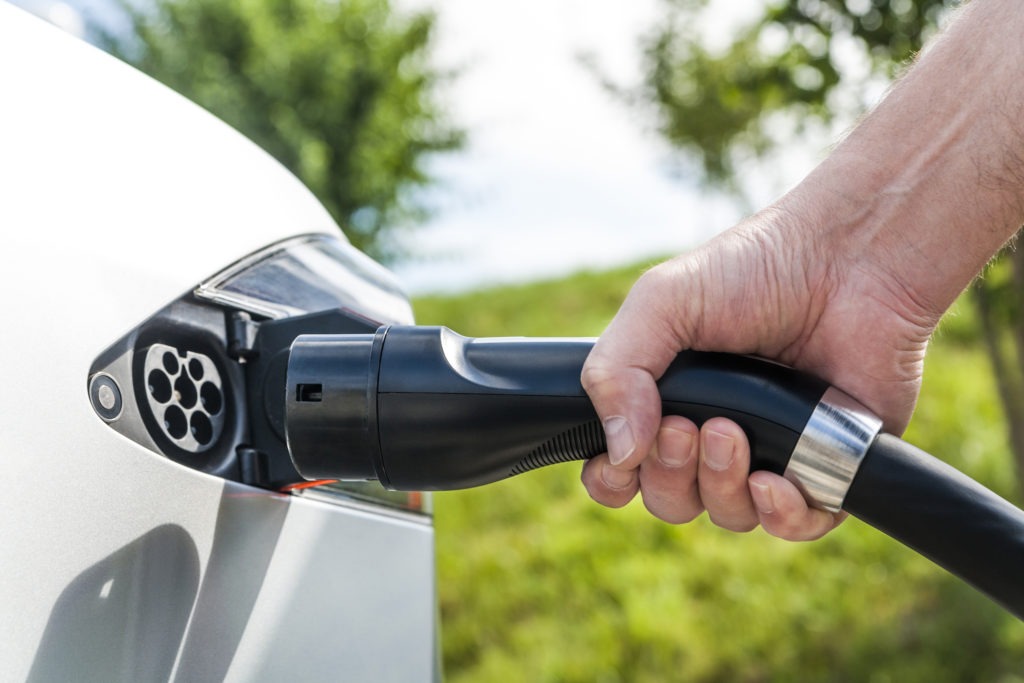Electric roundup: Countdown to EV launches
03 April 2017

3 April 2017
The countdown to the electric revolution is upon us. With most OEMs believing this, each have set dates accordingly for major shifts in their product ranges to accommodate.
The rise of the hybrids is already becoming established, with Toyota Europe’s hybrid sales up 40% last year to 32% of European sales. In the face of fierce emissions targets, hybrids are considered the most feasible solution in the short term, and the option the public are currently most receptive towards, due to lack of range anxiety and general familiarity with combustion engines.
The speed of the pure electric revolution is in large part dependent on both improvements in charging infrastructure and battery technology. EU, national and OEM initiatives are addressing the former, and the latter (with the battery cost and range anxiety issues that ensue) are expected to reach thresholds of consumer acceptance within half a decade.
As such, most OEMs have dates set for major electric line-up launches within this time period.
Tesla maintains its lead – for now – with the Model 3 launching in 2017 with 215 miles range per charge. It enjoys very high brand awareness in the electric vehicle (EV) space, with the latest confidence that it will continue to play a significant role coming from Chinese tech giant Tencent acquiring a 5% stake in the company. Tesla beat analysts’ expectations in the first quarter of this year to deliver 25,000 electric cars. Tesla’s established proprietary fast-charging Supercharger network also gives it an in-built advantage over traditional OEMs playing catch-up.
Catching many by surprise, Jaguar is expected to be the second to launch its EV flagship, with the I-PACE, a midsize SUV, set to launch in the second half of 2018. It will have a more than 500km range (NEDC cycle).
Nissan may beat Jaguar to launch with its second-generation all-new Leaf, the world’s bestselling EV, with Nissan continuing to dominate the all-electric market worldwide, with 280,000 EVs sold, primarily Nissan Leafs and its e-NV200 minivan. The all-new Leaf, expected around 2018, has been spotted in testing in London last week. It may have autonomous features, such as single lane motorway driving.
Hyundai has taken a broader approach. Its Ioniq exists as a hybrid, electric and plug-in, and in 2018 it plans to launch its ix35 hydrogen fuel cell successor, the Hyundai FE SUV. It recently announced it is designing a dedicated platform for use on a range of its long-range all-electric vehicles, like Volkswagen is doing with its MEB.
2019 is the electric year for both Volvo and BMW, with Volvo committing to having its first battery electric vehicle on sale in 2019. BMW, meanwhile, from 2019 plans to begin its second wave of electrification that will see it offer its entire catalogue of series models as electric vehicles. Its successful all-electric BMW i3 now offers a range of 300km, matching the Volkswagen e-Golf.
Volkswagen (VW) and Daimler are the slowest at launching their main wave of EVs, with both feeling the heat from being slow to the table, with VW emphasising that it needs to meet its plan to launch its ID electric brand in 2020, and Daimler bringing forward its electric vehicle plan to introduce 10 electric vehicles to market to 2022 from its previous deadline of 2025.